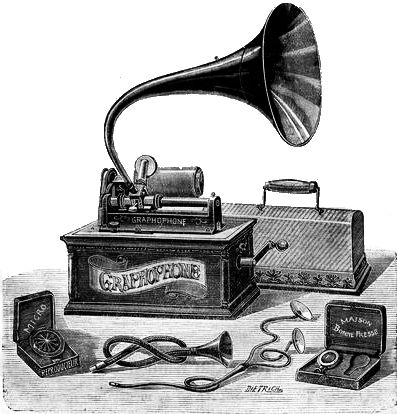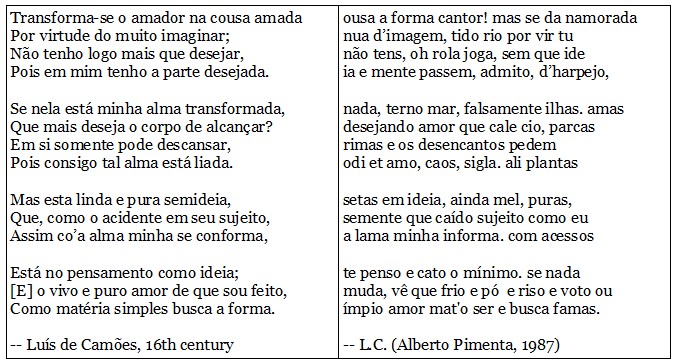Michael Grab balances rocks. He regards it as a combination of art, engineering, and contemplative spiritual practice combining patience, critical thinking, and problem solving. But the only “ingredients” in his sculptures are rocks and gravity — there’s no mortar, cement, or artificial support holding them together; any one of them can be toppled with a finger.
“The most fundamental element of balancing in a physical sense is finding some kind of ‘tripod’ for the rock to stand on. Every rock is covered in a variety of tiny to large indentations that can act as a tripod for the rock to stand upright, or in most orientations you can think of with other rocks. By paying close attention to the feeling of the rocks, you will start to feel even the smallest clicks as the notches of the rocks in contact are moving over one another.”
“There is nothing easy about it. It can frustrate me to my limits, and then I learn. Or it can reveal magic beyond words, and I learn. Sometimes the rock wins, but most of the time I win.”











